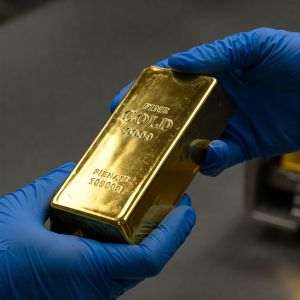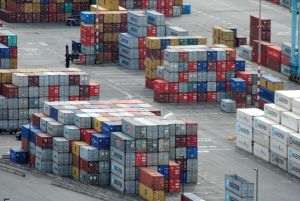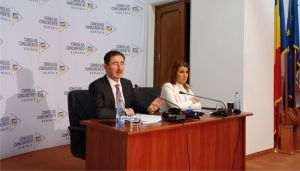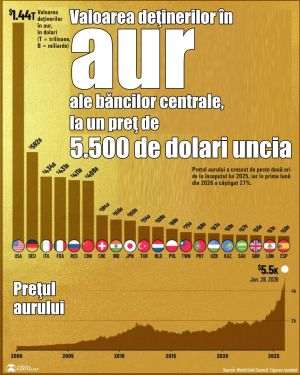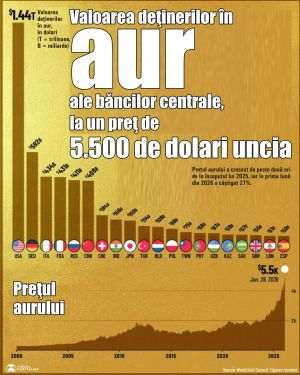Russia has eased restrictions on capital movements, introduced to stop the significant depreciation of the ruble, Reuters reports.
In October 2023, the authorities decided that exporting companies must deposit in Russian banks no less than 80% of their earnings in foreign currency, and then sell at least 90% of these earnings on the domestic market within two weeks. In June, the ceiling was reduced to 60%, and on Saturday the Russian Government announced on Telegram that large exporters must deposit 40% of their foreign currency earnings in Russian banks.
"The decision was taken taking into account the stabilization of the exchange rate of the national currency and obtaining a sufficient level of liquidity in foreign currency", stated the Executive from Moscow, notes Agerpres.
The Central Bank of Russia reported that these currency sales helped calm the volatility of the foreign exchange market, which allowed restrictions on capital movements to be eased.
Last week, the ruble hit its lowest level in three weeks against the dollar in response to US sanctions on the Moscow Stock Exchange in June, which caused an immediate halt to trading in euros and dollars.
• Russia's GDP increased by 5% between January and May 2024
Russia's GDP grew by 4.5% in May 2024, at an annual rate, and by 5% in the first five months of the current year, according to the latest estimates of the Ministry of Economic Development in Moscow, taken over by the Tass agency, reports msn.com.
Tass quotes VEB.RF development bank chief economist Andrei Klepaci as forecasting that GDP expansion in 2024 could reach 3.8%, up from 3.6% growth seen in 2023 and above the current official forecast of the Russian Ministry of Economy, of 2.8%.
In April, the International Monetary Fund (IMF) revised its forecast for Russia's GDP growth in 2024 to 3.2%, from 2.6%, as it estimated in January. The World Bank also updated its forecast for Russia, expecting more modest GDP growth in 2024, i.e. growth of 2.2%.
Also in April, the Ministry of Economy in Moscow improved its forecasts for GDP growth in 2024, up to 2.8%, from 2.3%, as previously estimated, but drew attention to the fact that it expects a depreciation of ruble and to reduce the current account surplus in the following years. At that time, the Minister of Economy, Maxim Reshetnikov, stated that the main factor underlying economic growth is domestic consumption and investment demand.
But according to Reuters, Russia's economic recovery after the fall in 2022 relies largely on state-funded production of arms and ammunition as Moscow continues its war in Ukraine.
The Russian Ministry of Economy expects the country's GDP to grow on average by around 2.3% in 2025-2026, while the ruble is expected to see a steady decline to a rate of 101.2 units/dollar in 2026, compared to the current exchange rate of approximately 87 rubles/dollar.

